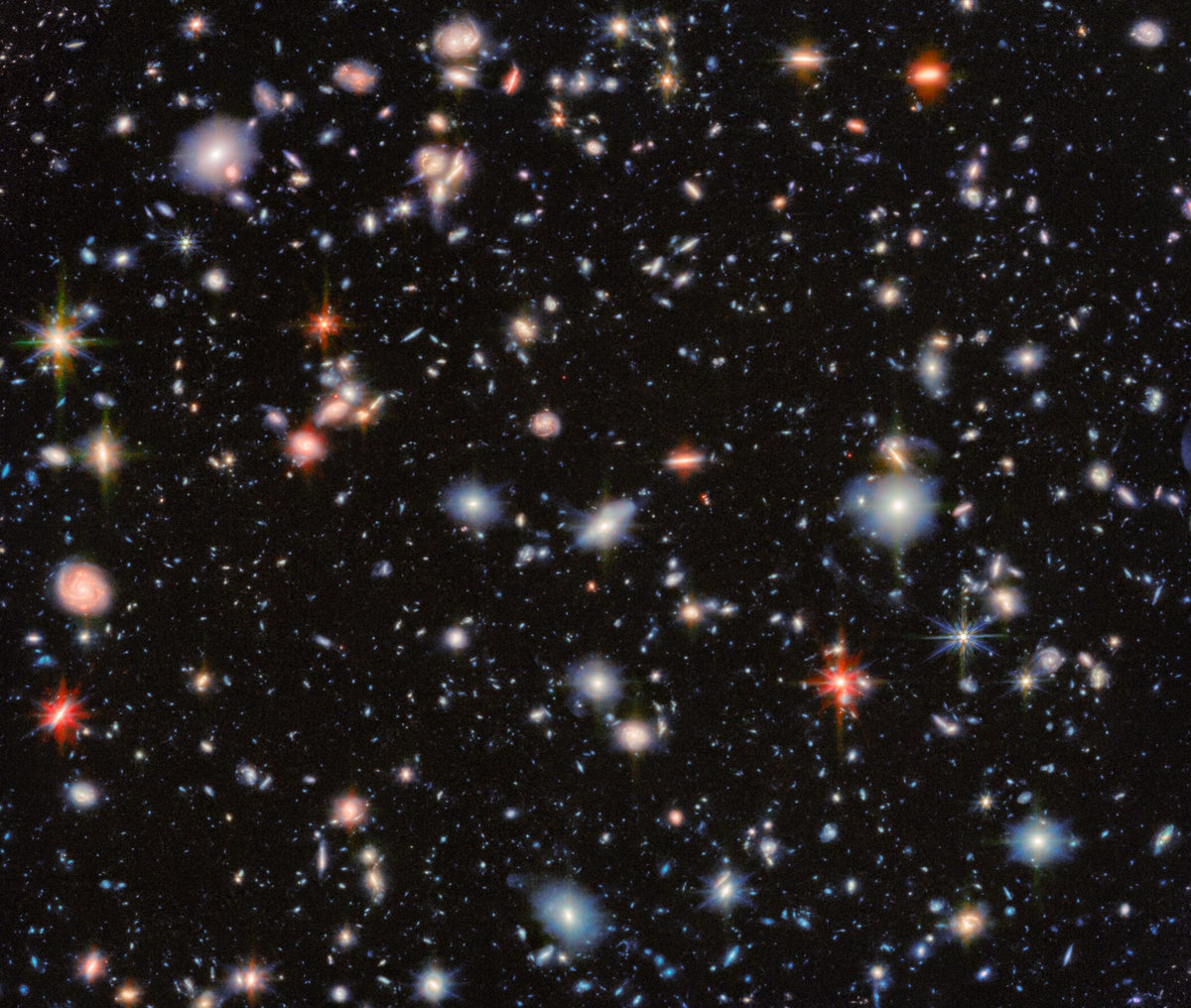
"If there is an absolute law in the universe, it's that nothing can travel faster than the speed of light. For science-fiction enthusiasts, that's a bit depressing. Space is big, and while the speed of light is incredibly fast to us humans, on interstellar scales it's glacially slow. Even at a photon's speed of about 300,000 kilometers per second, it's a journey of more than four years to reach just the closest star to the sun."
"To be more specific, nothing can move faster than the speed of light through space. That may seem like a nitpick, but it turns out to have literally cosmic importance. On supporting science journalism If you're enjoying this article, consider supporting our award-winning journalism by subscribing. By purchasing a subscription you are helping to ensure the future of impactful stories about the discoveries and ideas shaping our world today."
"The cosmic expansion can be measured as a rate, meaning at a given distance from us, a galaxy will be moving away from us at given speed. At a different distance, a galaxy will be moving at a different speed. We measure this as a rate of expansion called the Hubble constant. Our best measurements of this give a value of about 70 kilometers per second per megaparsec."
Nothing can travel faster than light through space, but the expansion of space itself changes how relative velocities behave on cosmic scales. The universe is expanding, so more distant galaxies appear to recede faster, producing the observational basis for the big bang model. Expansion is quantified by the Hubble constant, currently measured at about 70 kilometers per second per megaparsec. That means a galaxy one megaparsec away recedes at roughly 70 km/s and more distant galaxies recede proportionally faster, shaping horizons and observational limits across cosmological distances.
Read at www.scientificamerican.com
Unable to calculate read time
Collection
[
|
...
]